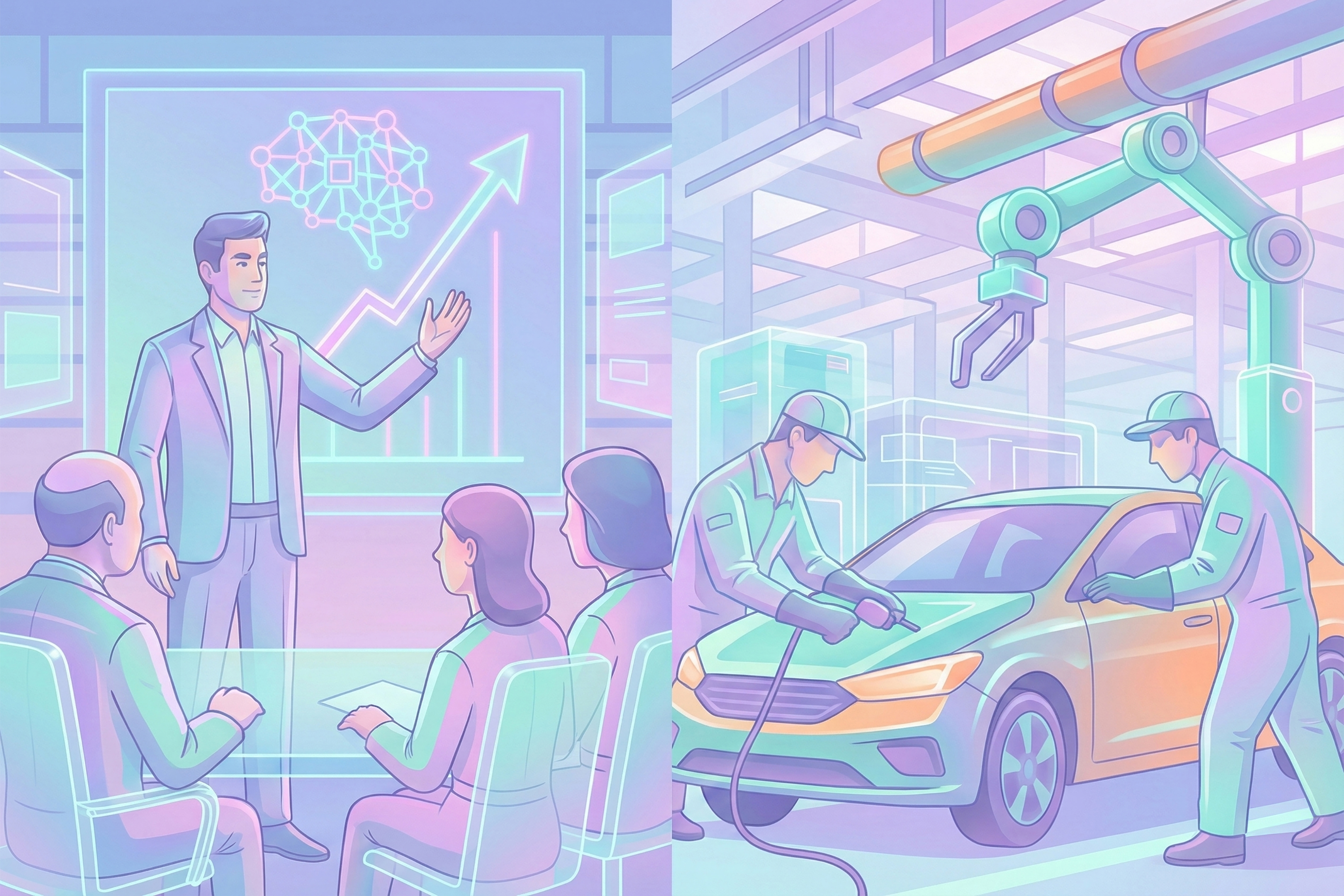
Last month, Zalando launched a Viktor & Rolf collection, Re: Cycle, a new womenswear collection that explores eco-conscious design and garment recycling. Following in the footsteps of organic and vegan food, sustainable apparel is shaking off its tree-hugging reputation and moving towards a more mainstream and hip image. Big fashion magazines like Elle and Voque are paying more attention to fashion that is composed of reused fabrics and prominent brands like Patagonia and The North Face successfully focus on making clothes that will last many years instead of a few seasons.
Now that we’ve become aware of the ecological footprint of products and habits that concern our daily lives, such as driving, flying and eating meat, the fashion industry is next in line. The fashion industry is one of the world’s most polluting industries. Consumers that have already made an effort to be more conscious of their ecological footprint in other aspects are most likely to adjust their apparel choices as well, even more so when sustainable fashion becomes available on a broader scale.
Although collecting used clothes in order to give them a second purpose is a step in the right direction, this initiative has thus far proven to be insufficient. In the long run, the industry will have to take more radical action to create a circular model and develop alternative materials that are less polluting than cotton and petroleum-based synthetics. Until then, durable fashion or secondhand clothing are the best alternatives for those who want to reduce their ecological fashion footprint. Brands and shops that offer just that might therefore become more popular and fast fashion might be in for yet another moral hit.

